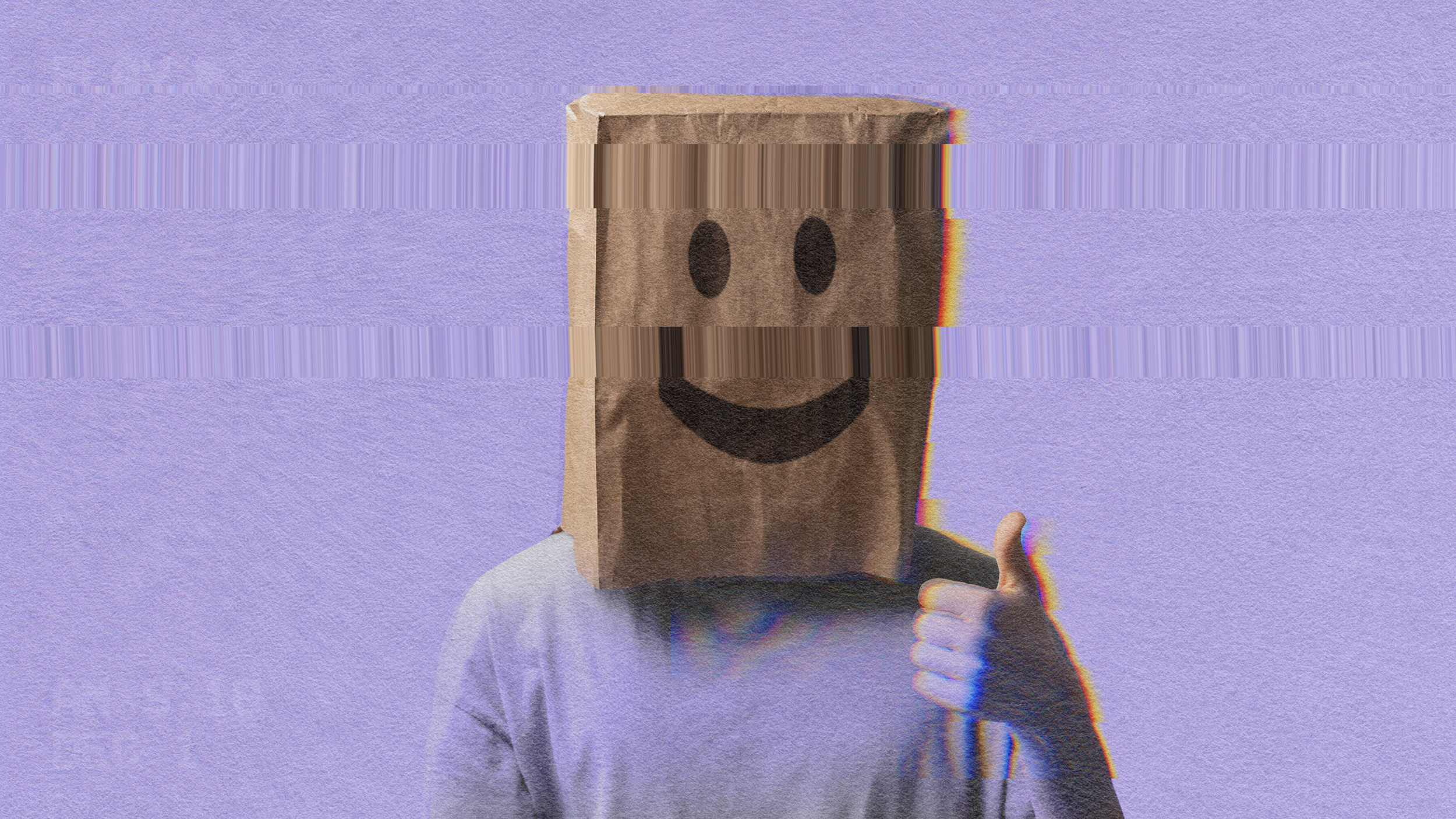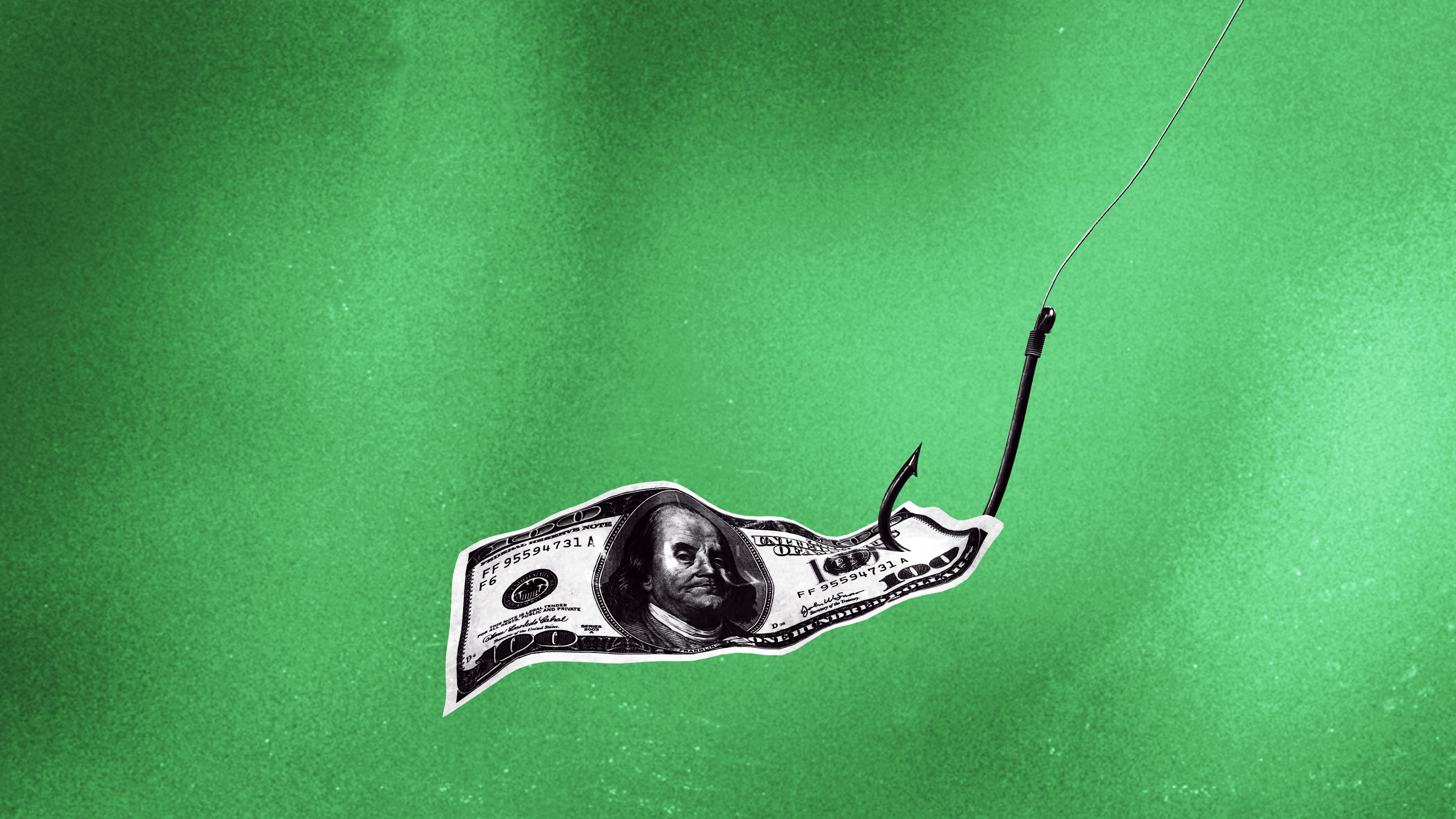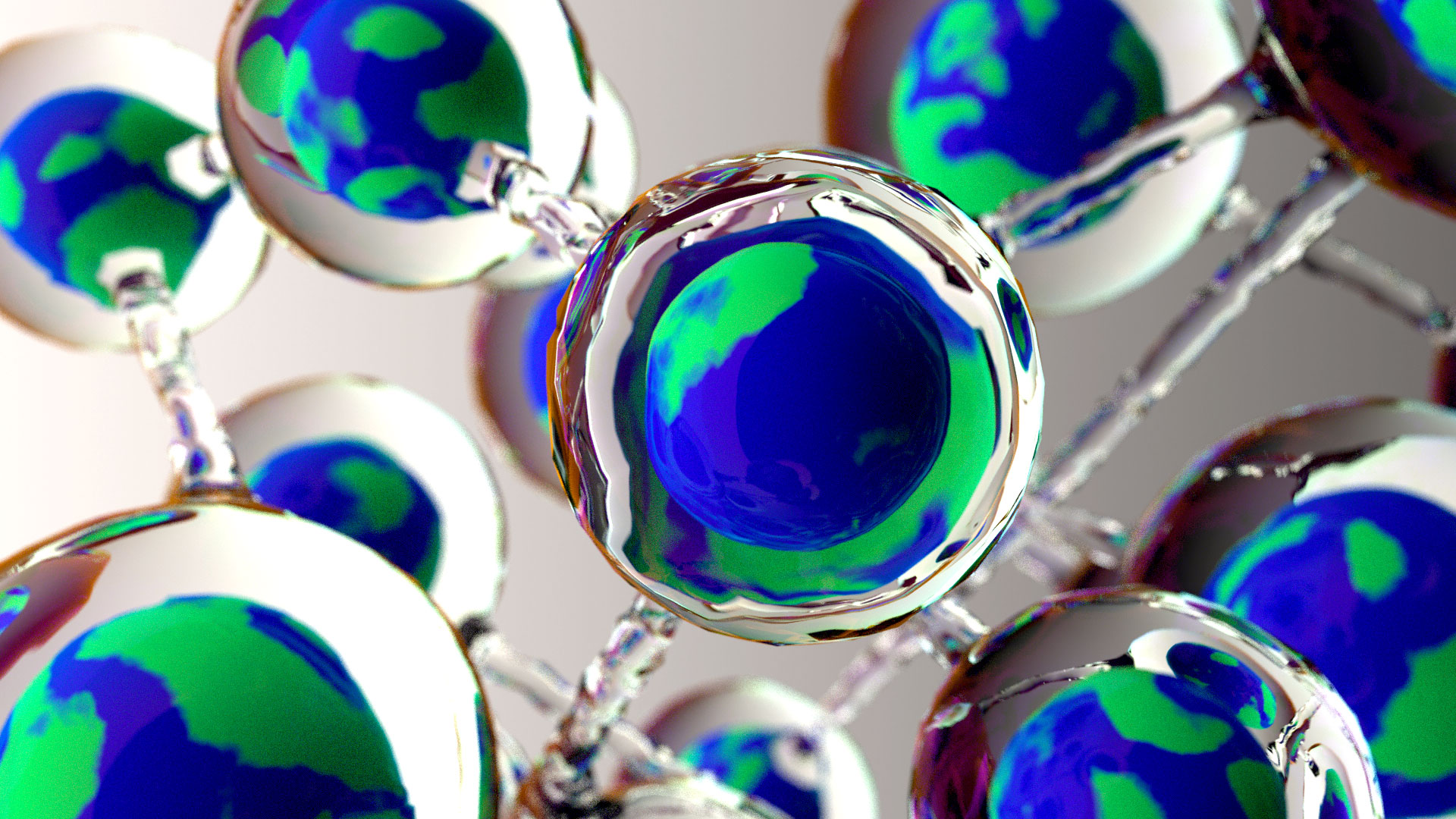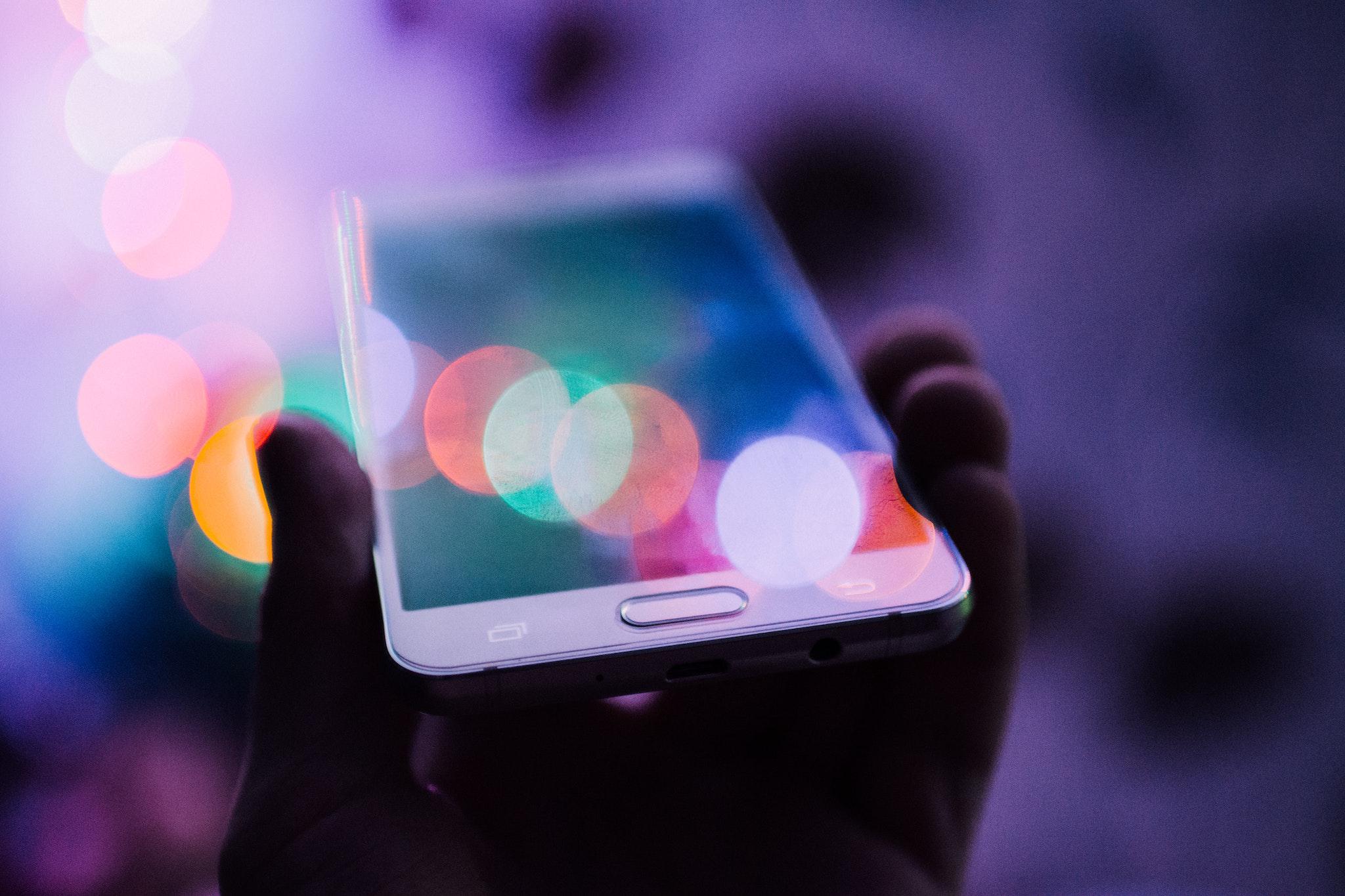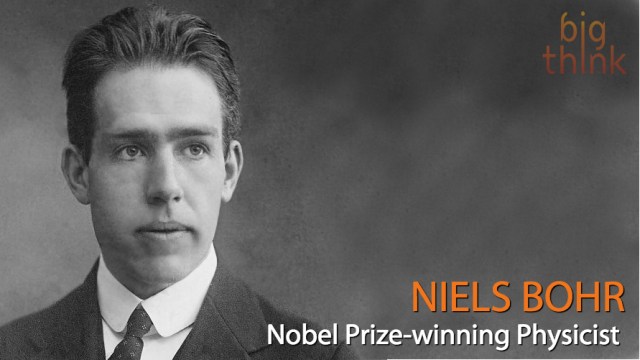Unfounded Societal Fears are Making Us All Agoraphobic
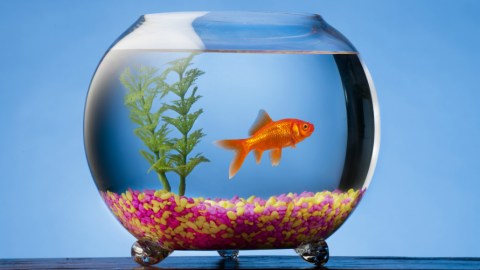
You wouldn’t know it by watching CNN, but the world today is actually safer than it’s ever been at any time in recorded history. Here’s the proof. The wars in Syria and Ukraine are scary, but they’ve caused fewer fatalities than previous conflicts. Ebola ignited a worldwide fright, but it and other diseases are killing fewer people on the whole. Our work schedules may seem arduous, but, thanks to our forebears who literally died for the eight-hour workday, most of us don’t have to worry about being grinded to dust by our jobs
Homicides are down. Crime is down. Technology keeps us mostly out of harm’s way when rotten weather arrives. Fewer people are living under autocratic leaders.
So what are we all so afraid of?
That’s the question explored by author Michael Christie in a thoughtful piece published this week by The Washington Post:
“Lately I’ve been noticing how much harder it is to get people I know to leave their neighborhoods. To put down their phones. To read or watch or listen to things they don’t already know they’ll enjoy. It’s not just my sphere; Americans at large are more isolated than ever, and more anxious, across many disparate groups: children, soldiers, college students, women. We increasingly fear things we have no reasonable cause to fear. While the number of clinically diagnosable agoraphobics hasn’t increased, something that reeks of agoraphobia seems to be presenting itself all around me.”
Christie writes about his mother, an actual agoraphobe who refused to leave the house during his childhood. Armed with that experience, Christie diagnoses society as a whole. Like those who suffer from agoraphobia, we’re not fearful of anything in particular; we’re afraid of fear itself, as FDR might say. Terrorism, kidnappings, pickpockets, super storms: we’re constantly inundated with hyped-up accounts about how the outside world is out to get us. The media’s “if it bleeds, it leads” modus operandi has made us all afraid of our own shadows.
And that fear leads to insular, unadventurous, some would say even selfish behavior. Christie observes:
“We clutch our phones (which might be increasing our anxiety), read books we’re sure we’ll like, listen to voices with which we’re sure to agree, and sink into isolation.”
Christie ends his piece with a moment of hope. After years of suffering, his mother’s therapy and bravery paid off. She left the house. She explored her world. She met new people at the supermarket and it brought her joy, just as shedding our societal fear would make us joyful as well (and, I’d add, better people overall). But what Christie doesn’t offer is a how. There’s no such thing as therapy for society, is there? Could some single event break down the walls we’ve built around ourselves? What would it take—something glorious? Something awful?
Then there’s the problem that we as a people seem to get off on fear. We enjoy it. Perhaps it’s because we feel it justifies our selfishness. Perhaps we’re actually just too powerless to realize we’re on a wrong course. We’re so dead-set on not interacting with the people around us that we sometimes forget that we’re at all times surrounded by living, breathing, thinking, loving human beings.
Like Christie, I have no answers. Unlike Christie, I’m not hopeful that things will get any better anytime soon.
Then again, maybe I’m just fearful.
Read more at The Washington Post.
Photo credit: Richard Lyons / Shutterstock

